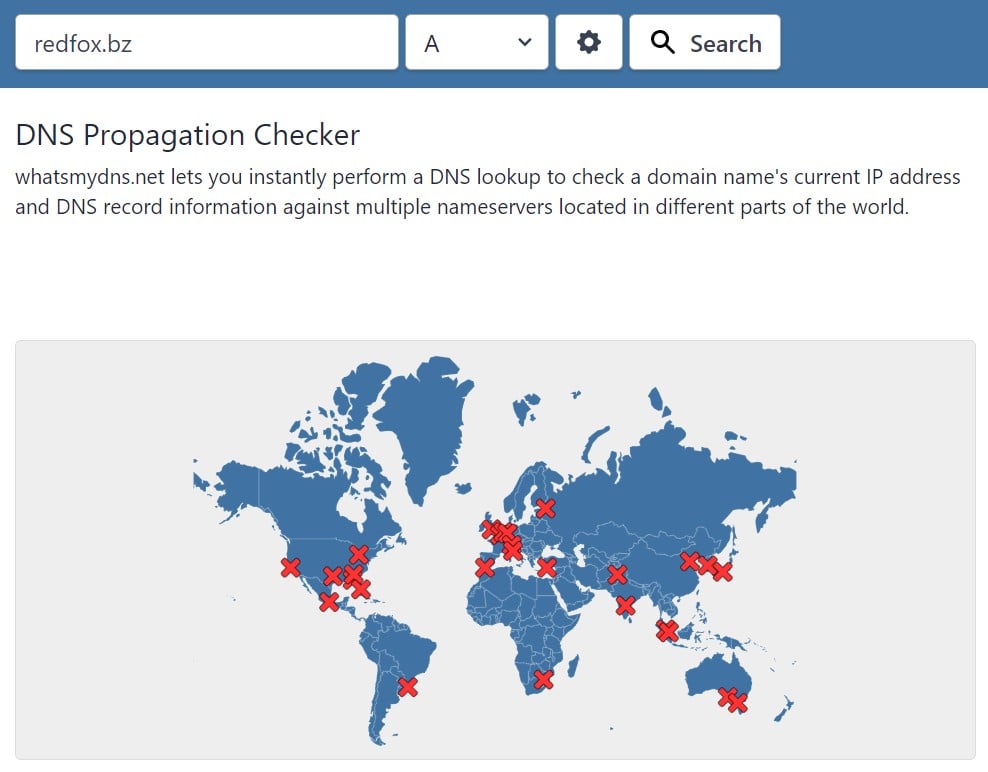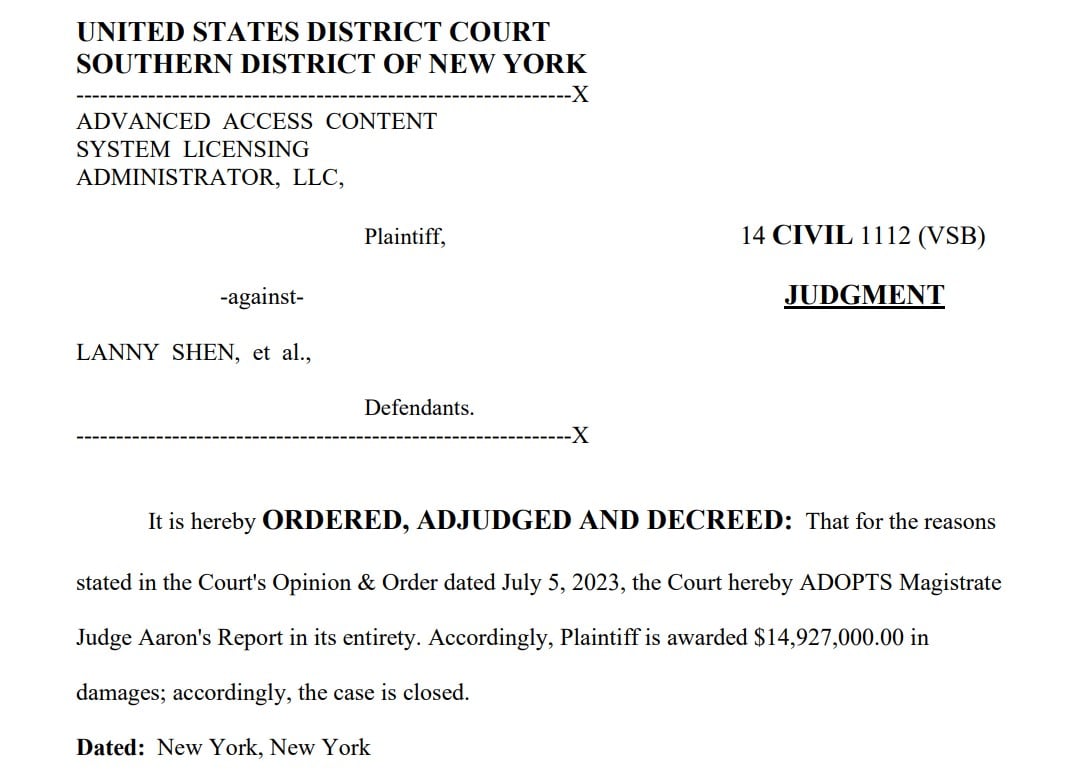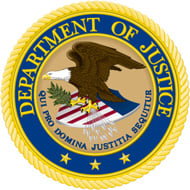 Almost half a decade ago, eight Las Vegas men were indicted by a grand jury for conspiring to violate criminal copyright law via two IPTV services, Jetflicks and iStreamitAll.
Almost half a decade ago, eight Las Vegas men were indicted by a grand jury for conspiring to violate criminal copyright law via two IPTV services, Jetflicks and iStreamitAll.
The indictment
accused
the defendants of reproducing tens of thousands of copyrighted TV shows without authorization, and distributing that content to tens of thousands of paid subscribers across the United States.
At one point, Jetflicks was said to have made available more than 183,200 different TV show episodes. iStreamitAll allegedly made available more than 118,479 TV shows and 10,980 movies; at the time more content than Netflix, Hulu, or Amazon Prime offered.
The Road to Trial
After pleading guilty to copyright infringement and money laundering, in 2021 a key defendant was sentenced to
57 months in prison
and a $1m forfeiture order. In the same year, another pled guilty to one count of conspiracy to commit copyright infringement and was
sentenced
to one year and a day in prison.
Other defendants dug in to fight a case that had become
unusually complex
, for a range of reasons, many of which are still not for public consumption.
After reportedly generating 19TB of data and 175,000 pages of print discovery, the defense previously estimated that it would take “at least a couple of months” just to take a copy of the data needed for trial; by then a bewildering 63TB in total.
Trial Begins in Las Vegas, Nevada
Since instructions issued by District Judge Richard F. Boulware, II, state that transcripts must not be made available online for several weeks, reporting daily events in detail presents challenges. Nevertheless, there’s no shortage of general information available that shows the scale of the matter in hand and the mood of the parties involved.
On May 28, day one of the trial, the government had four attorneys listed for appearance, alongside an FBI Special Agent and an IT expert. Listed for lead defendant Kristopher Lee Dallmann, three counsel, a paralegal, an investigator, and two interns. For Felipe Garcia, two counsel and a paralegal; for Douglas Courson, Jared Edward Jaurequi, and Peter H Huber, two counsel each.
At 09:28, prospective jurors were called to the courtroom and at 09:43, a total of 85 were in attendance. By 11:00, they numbered ‘just’ 50.
Day Two to Day Four
After two jurors raised concerns at the start of day two, each spent some time with the Judge. The nature of those concerns and the outcome are absent from the docket.
The government’s opening statement arrived just before noon, with defendants’ counsel delivering their statements early afternoon, before jury members were excused for lunch at 14:30. A direct examination of a Supervisory Special Agent at the FBI by counsel for the government brought the second day to a close.
The fourth day of the trial began with counsel for Peter Huber informing the Court about an issue with her client. While that has no explanation either, counsel for Kristopher Dallmann advised the Court of a forthcoming motion on behalf of his client; details of that matter are substantial.
Dallmann Files Motion For Mistrial
On Saturday, May 25, the government provided a PowerPoint presentation to the defense that it intended to use in opening statements to the Court. Counsel for Dallmann notified the government on Monday, May 27, that they intended to object to the proposed use of the presentation, details of which were also provided to the Court.
“Counsel for Mr. Dallmann specifically noted that they would seek a mistrial if the exhibits were permitted to be shown during opening statements,” Dallmann’s motion for mistrial notes.
The government ultimately went ahead anyway, prompting counsel for Dallmann to respond as promised.
“Here, a mistrial is warranted because the government was permitted to show inadmissible and highly credible legal conclusions to the jury during opening statements with no qualification or limiting instructions,” the motion continues.
“Inadmissible and Impossible to Disregard”
One of the exhibits shown to the jury was a letter dated July 22, 2011, sent by HBO to Jetflicks c/o Dallmann.
“While the letter is framed as a notice, it is based on a finding that copyright infringement occurred (otherwise, the letter would not have issued). That finding constitutes a legal conclusion,” the motion continues.
“Steven Rosenthall was not just any lawyer—he was the Director of Anti-Piracy in HBO’s legal department. There can be no question that someone who has ascended to that position is scrupulous, detail-oriented, and credible. Furthermore, the legal department at HBO is not some ragtag team of vagabonds. It’s the legal department within a massive, flagship American media organization. Consequently, a legal conclusion by HBO’s legal department carries significant weight.”
In summary, counsel for Dallmann argues that the jury was exposed to an inadmissible legal conclusion that will be impossible to disregard, in a letter sent by someone who is not noticed as a government witness, so cannot be cross-examined. The only solution, therefore, is a mistrial.
MPAA Infringement Notice, PayPal Correspondence
Similar concerns are leveled at an infringement notice sent by the then-MPAA to Dallmann dated November 16, 2012. While not mentioned by the defense, it refers to infringement on jetflick.mobi, a domain for which no records appear to exist, since it may have never been registered. Jetflicks.mobi may have been the intended target, however.
An email dated October 24, 2016, sent by PayPal to Dallmann to advise his account had been temporarily limited due to violation of the company’s Acceptable Use Policy, also came in for criticism.
“The email is hearsay, and no PayPal witness has been noticed who can testify about the email. The email is prejudicial because the government used it to establish that Mr. Dallmann had engaged in copyright infringement,” the motion continues.
Other, apparently contentious, items include records provided by Google in response to a warrant, listing details of several searches allegedly carried out by Dallmann. An extract of a conversation that allegedly took place between Dallmann and Coulson, with the source listed as ‘IPhone 7 Plus/mobile/Library/SMS/sms.db’, appears to contain details of business planning.
In any event, the defense insists that the slides are inadmissible on several grounds, including a lack of authentication and failure to adhere to rules governing coconspirator statements.
Government Opposition to Motion
In its 10-page opposition, the government notes that before these items were shown to the jury, they were previewed by the Court and defense counsel. In all instances, “..the Court determined that the slides could properly be displayed during opening statement.”
In broad terms, the defense argues that the exhibits were presented as proof of copyright infringement, contrary to the government’s claim that they would be offered “for the effect on the listener and not for the truth of the matter.”
What that means in practice is explained in a statement by the Court in response to the defense’s objection to the MPAA letter of infringement being shown to the jury.
“The defense objected again during court proceedings, and the Court similarly responded, ‘If it’s being offered for the same reason, which is for your client’s state of mind, not for the fact that it’s true, but for the fact that he received it, then it wouldn’t be hearsay’,” the government explains.
“The Court repeated its view that use of the exhibit in the opening as a demonstrative was acceptable ‘so long as I find that there’s a likelihood that the evidence would be admitted’.”
In a nutshell, the documents were shown to the jury (the PayPal documents were apparently withheld) to demonstrate that Dallmann had received notice, that victims and/or their representatives believed his conduct was infringing, and they had ordered him to stop. The ‘effect on the listener’ amounts to Dallmann’s conduct after he took possession of those notices.
Every Detail Subject to Challenge
When viewing progression in this case from indictment to day one of the trial, with every detail a potential avenue for prolonged argument, the potential for some kind of derailment seems higher than normal for this type of case.
That being said, the government is backed by heavyweight artillery, as this sample of witnesses heard thus far reveals.
• Alexis Brown, Special Agent, FBI
• Joseph Varani, Digital Investigative Analyst, DoJ, Cyber Crime Lab
• Thomas Song, Deputy Director Cybercrime Lab, DoJ
• Michael Housley, Senior VP, Counsel of Content Protection, Paramount Global
• Matthew Andrews, Director of Global Content Protection, Netflix
• John Kern, IT Specialist, Digital Forensic Examiner, FBI
• Laura Peterson, Digital Forensic Analyst, Department of Homeland Security
• Lucia Rangel, VP Content Protection, Warner Brothers Discovery
• Jan van Voorn, Chief Executive Officer, IP House (previously MPA/head of ACE)
• Daniel Cooper, Senior VP of Intellectual Property, NBC Universal
• Daniel Ogden, VP Cyber Operations, OUR Rescue
• Michael Poston, Supervisory Special Agent, FBI
Dallmann’s motion for mistrial / government’s opposition available
here
and
here
(pdf)
From:
TF
, for the latest news on copyright battles, piracy and more.
chevron_right
 With dozens of millions of monthly visits, Animeflix positioned itself as one of the most popular anime piracy portals.
With dozens of millions of monthly visits, Animeflix positioned itself as one of the most popular anime piracy portals.
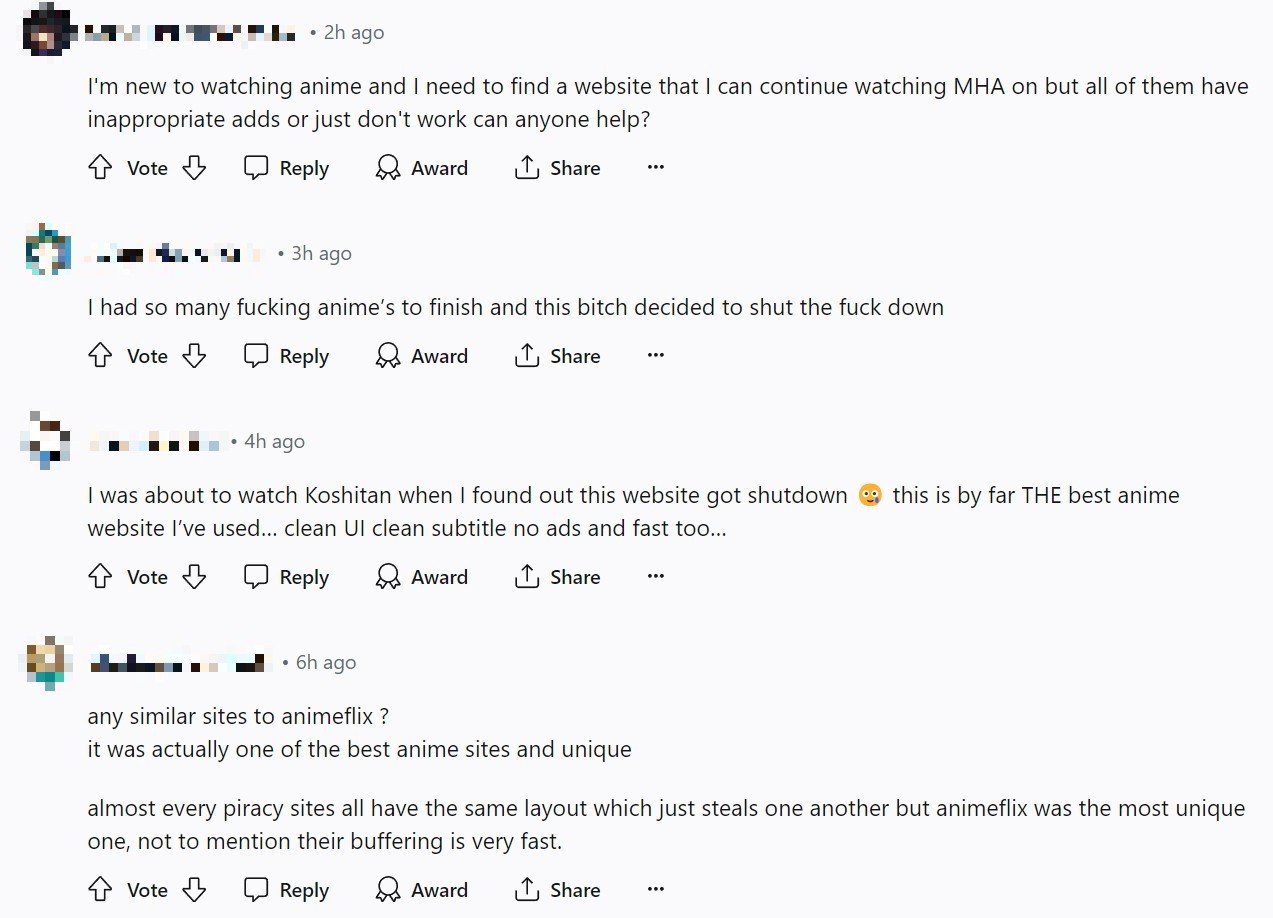
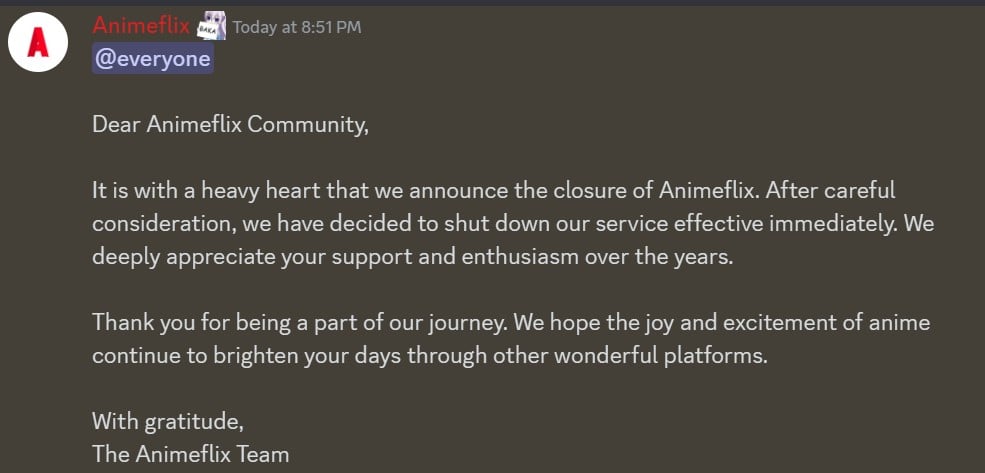
 The Alliance for Creativity and Entertainment (
The Alliance for Creativity and Entertainment (
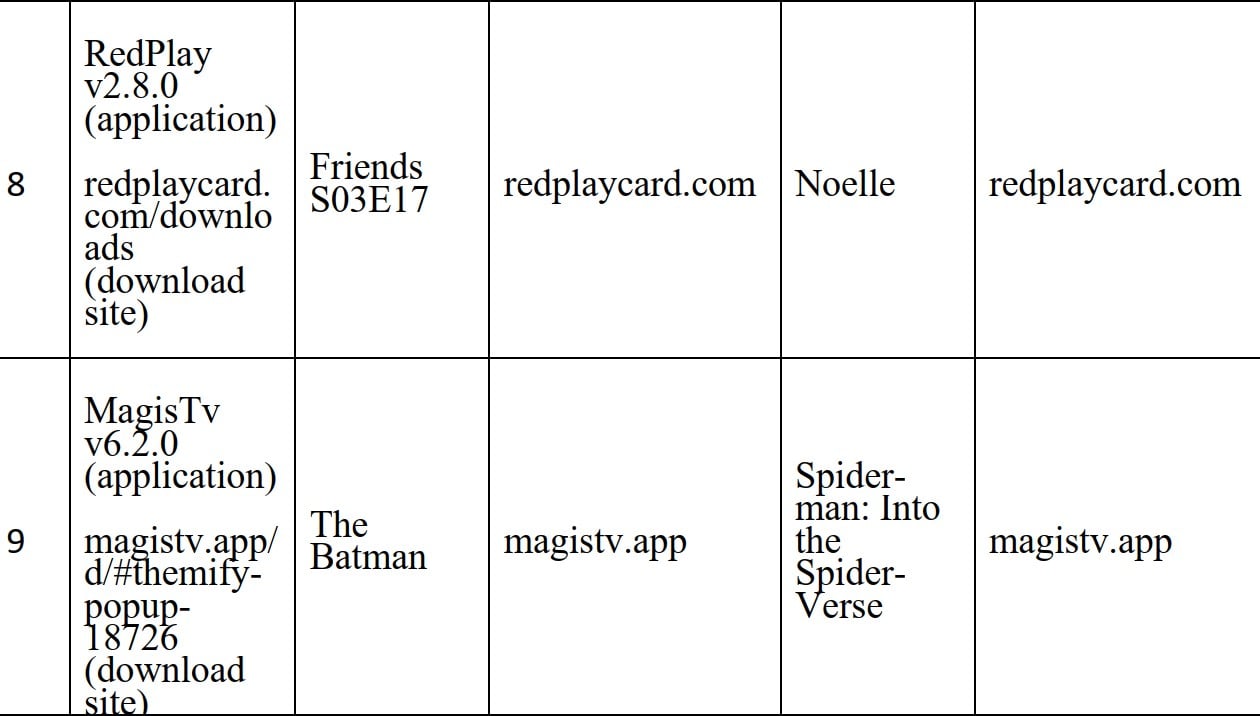






 In little over five years, TorrentGalaxy has grown out to become a
In little over five years, TorrentGalaxy has grown out to become a


 UEFA is the international body that governs football throughout Europe.
UEFA is the international body that governs football throughout Europe.
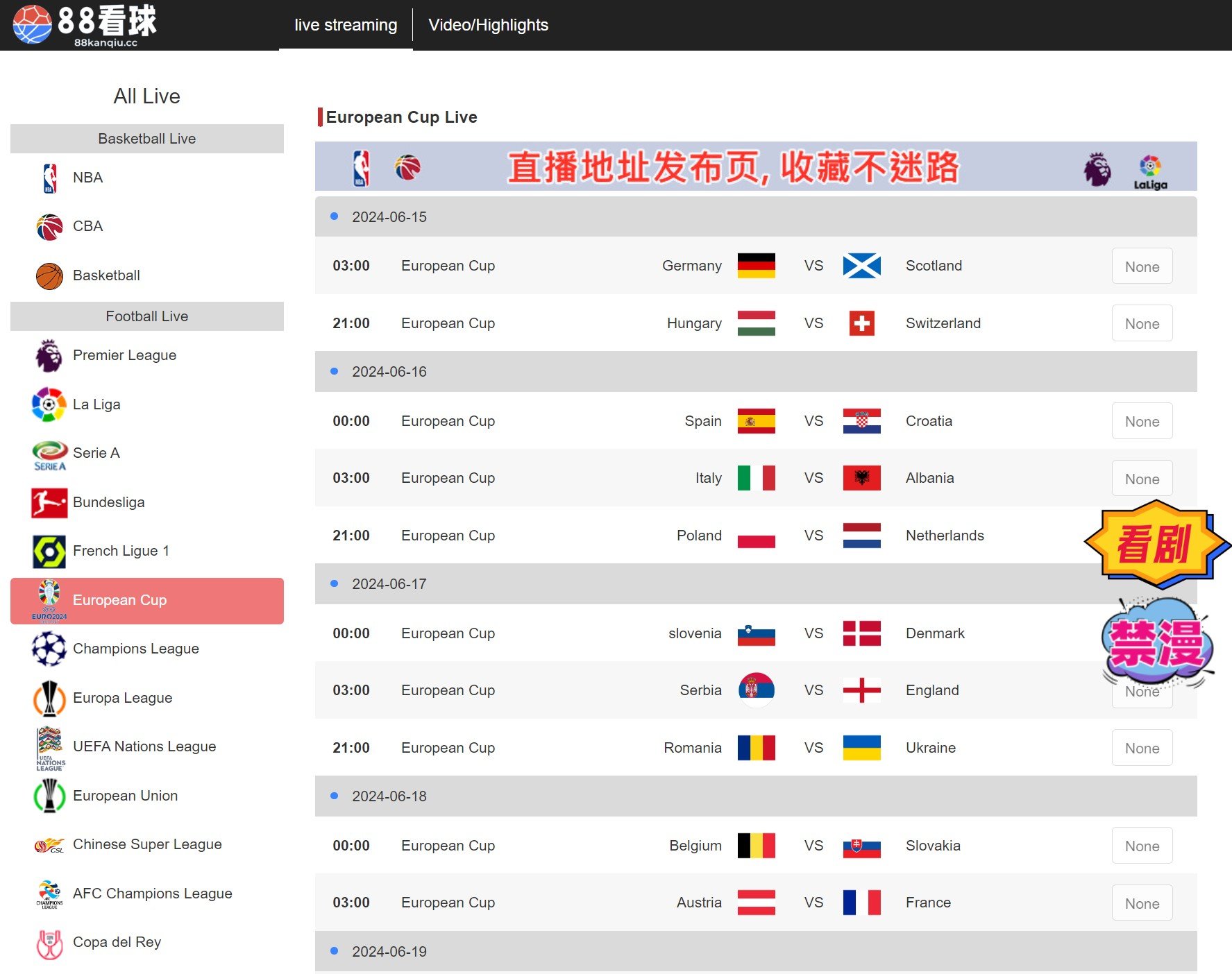





 More than a decade ago, decryption licensing outfit
More than a decade ago, decryption licensing outfit
